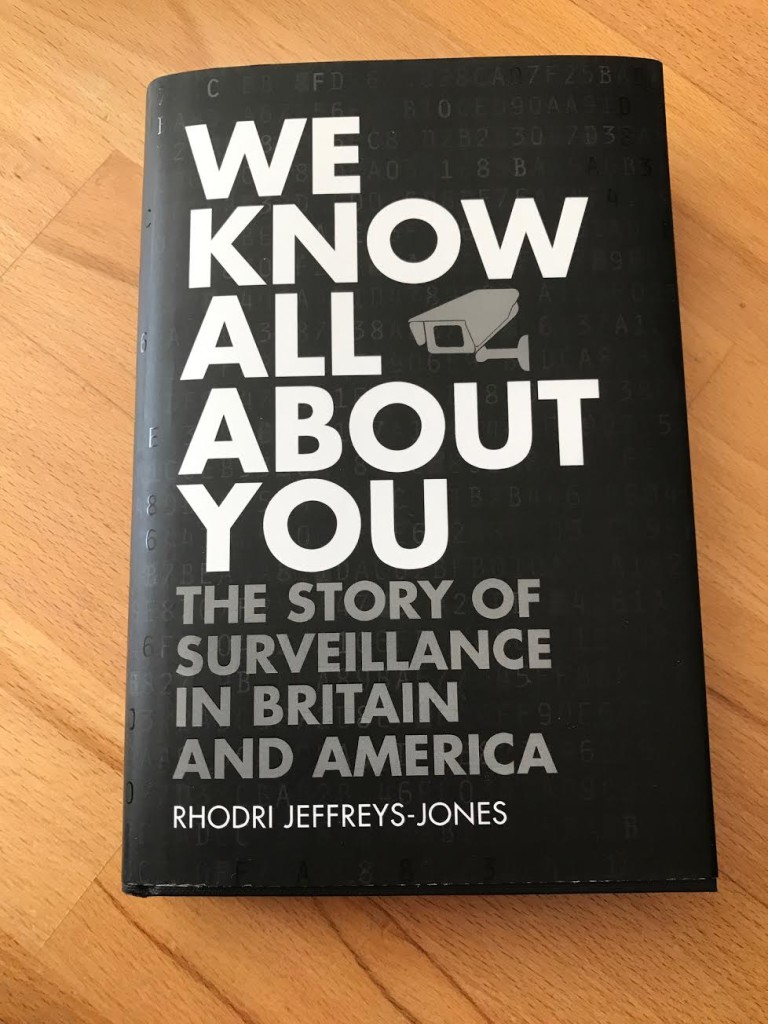
Image credit: Turkish tea by Sztanco Demeter
It warms us up when we are cool and it will cool us if we are too heated. Tea is the second most consumed drink in the world after water and this is probably the reason why it has become a worldwide little treasure- From the time of the ancient Chinese Dynasty to our present, tea has taught us there is nothing better than its flavour when it comes to relaxing or catching up with friends and family. Welcome to the worldwide art of drinking tea!
Argentine: The land of mate
People say that in order to know beautiful Argentine, you need to try its meat and of course, its mate. Did you know there is an entire museum dedicated to mate? This herb is without any doubt the national drink in the country and it is said that the more you drink it, the strongest the after-taste. If you fancy some more information about this caffeine-rich infused drink, don´t hesitate to visit Museo del Mate (289, Lavalle, 1648 Tigre, Buenos Aires). Image credit: Mate by Marta López
Morocco: Experience the mint tea!
You can’t really say you know the mint tea flavour unless you have been to Morocco. Touareg tea, how Moroccon mint tea is named here, is the real heart of this culture and it is strongly linked to the act of hospitality. In this sense, tea is served to guesses three times-Of course the guess will always have to drink the glass!
China: The art of making tea

Image: All the tea in China by Adam Cohn via Flickr
China is the birthplace for tea; here people have been producing tea over the years, something they call “Chao dao”, which was also exported to Japan. This country is a perfect destination for tea lovers that will be able to visit the only National Tea Museum in the country (opened in 1991 and based in Hangzhou, Zhejiang), where you can find out more about the strong tea culture in this place.
India: The world of Chai
India consumes more tea than any other country in the world. Whoever visits this destination will find out that this drink is literally served on every corner, especially in crowded train stations where you will see people selling this drink from early hours in the morning until night. To find out more about the tea culture in the country, pop in at Kanan Devan Hills Tea Museum (Munnar, India).
Japan: The matcha ceremony

Image credit: Matcha tradition in Japan by Flickr
Tea is in this country a huge part of the food culture. Even though the diversity of teas here is endless, whenever someone mentions this drink is known it’s referred to green tea. The tea ceremony is called here matcha and is seen as a ritual that generations have been using for ages and which consists of serving green tea to a small group in one of those popular old teahouses.
New Zealand: The tea explosion
Like in America, people from New Zealand get interested in this drink because of its healthy reputation. According to historians, New Zealand imported considerable amounts of tea in the nineteenth-century, with the arrival of the British missionaries. A fun fact about the tea culture in this country is that its only commercial tea plantation is called Zealong, which launched its first list of products in 2009.
Russia: Drink tea as a guest
Russians drink tea at different times of the day. Originally introduced by the Mongolians, it has turned into an important part of the Russian culture and today we could say that there is no Russia without this drink. Follow the local style and try a cup of Zavarka, a very strong tea prepared in a separate pot that allows guests to have several tea rounds.
Britain: Enjoy an afternoon tea

Image credit: The Goring by Expedia
There is nothing more British than having a proper afternoon tea, which owes its origins to Anna, the 7th Duchess of Bedford. Today this ritual attracts hundreds of travellers, especially in London, a city that hosts a wide chic selection of hotels and cafés offering this service. Top tip: Although most hotels in London offer the best afternoon tea in the country, as blogger Antonia Windsor details in this article on the Expedia blog, it’s important to remember that British people, especially Londoners, tend to save these posh sessions for a special occasion. If you ever visit the British capital and you fancy a real afternoon tea, book a table at Claridge´s Hotel (Brook St, Mayfair, London) Cost: £50.
Thailand: A popular tea around the world
Thai tea is one of the most popular teas in the world and it has been attracting consumers over the years across different continents. It is made from strongly-brewed red tea that usually contains anise, red and yellow food colouring and sometimes other spices too. Visit The Museum Coffee & Tea Corner (1, Damnernkasem Road, Hua Hin) and enjoy amazing garden views whilst enjoying classical music.
USA: The tea explosion

Tea is in the States one of the most popular non-alcoholic drinks in 2014. It doesn’t matter if you fancy green, red or even oolong tea, as they are all included in North American people’s healthy diet so you won’ t have issues when it comes to finding them on the menu. Top tip: Remember that American coffee is still preferred for the morning ritual!
Image credit: Starbucks tea by Vivian Farinazzo via Flickr
Author Bio
Marta López is a travel writer based in London. She loves travelling and discovering new cultures. When she isn’t writing on her laptop she can be found around the city looking for the latest tea shops.














